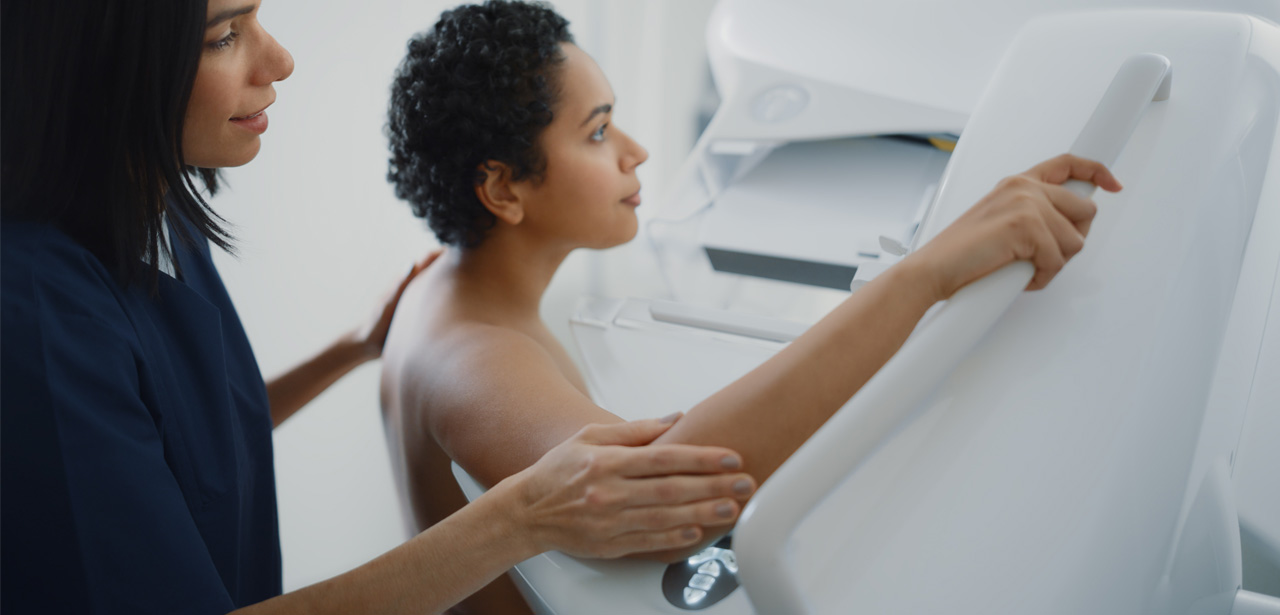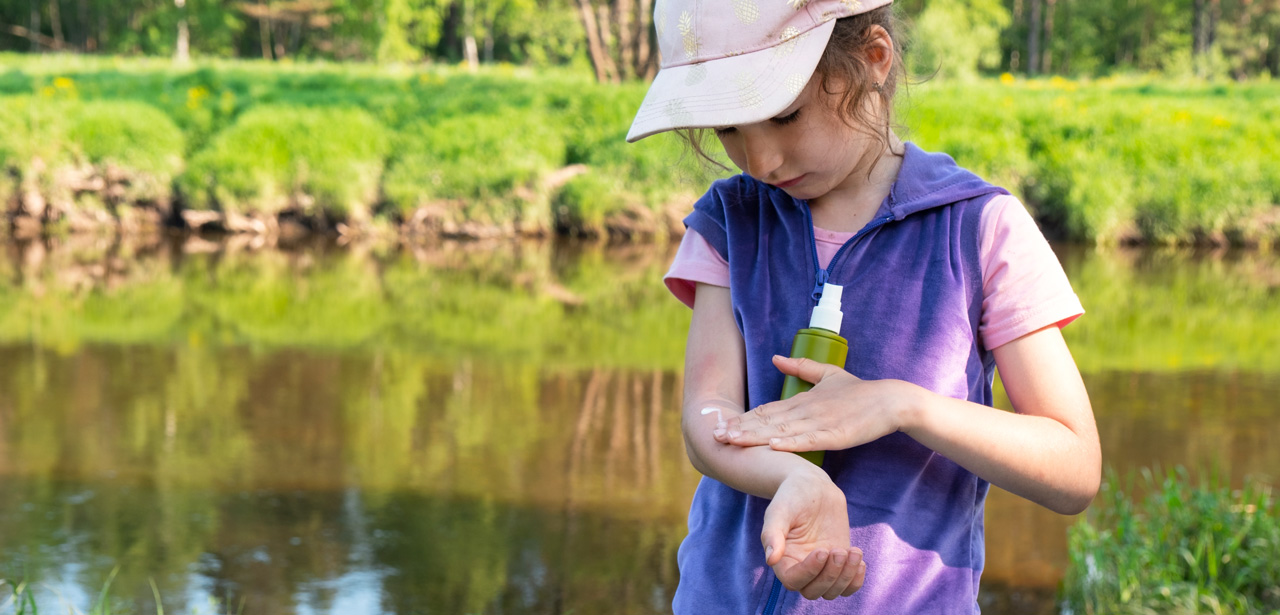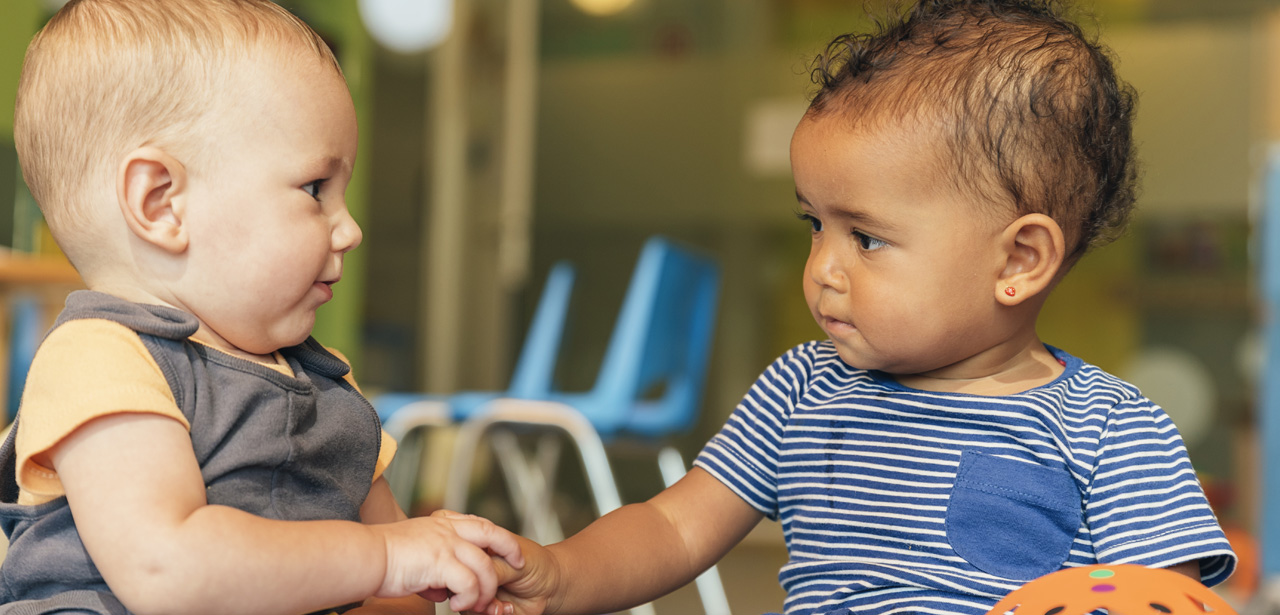Vaccination has played a key role in reducing the health burden of COVID-19, however, concern has been raised worldwide regarding risk compensation, a process whereby feelings of security arising from being vaccinated may lead people to reduce their engagement in other protective behaviours. We investigated whether vaccination led to risk compensation and whether this changed over time by conducting a repeated cross-sectional study at seven intervals over the initial months (February to September 2021) of the vaccine rollout in France. Participants (N = 14,003) completed an online survey measuring vaccination status, vaccination intention and engagement in four preventive behaviours: mask wearing, avoidance of physical contact, hand hygiene, and avoiding social gatherings. Risk compensation was measured indirectly by comparing levels of engagement in protective behaviours according to vaccination status, with those unvaccinated but intending to vaccinate serving as a baseline. Risk compensation did not occur systematically and was mostly observed towards the end of the vaccine rollout for two of the four protective behaviours: avoiding social gatherings (in July and September for fully-vaccinated participants (Adjusted Odds Ratio (AOR) =.72, p =.045; AOR =.54, p =.022, respectively) and wearing a mask (those vaccinated with one dose, in September: AOR =.48, p =.029)). Our findings suggest that whilst unlikely to impede the overall effectiveness of public health campaigns, risk compensation nonetheless merits attention when designing informed, targeted public health messages and policy.
Auteur : McColl Kathleen, Martin-Lapoirie Dylan, Veltri Giuseppe A, Arwidson Pierre, Raude Jocelyn
Health Psychology and Behavioral Medicine, 2024, vol. 12, n°. 1, p. 2287663


